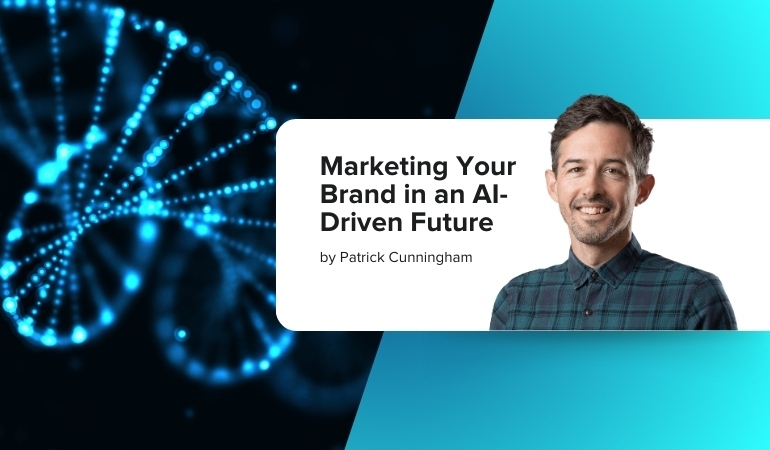As personal AI agents like Siri evolve, they will develop a deep understanding of users’ preferences, needs, and desires. Arguably, they may end up knowing their users better than family, friends, or even the users themselves.
These agents will combine this user knowledge with comprehensive market insights. When asked for recommendations, they will propose options tailored precisely to the user’s needs, factoring in elements like cost, sustainability, quality, and availability. For instance, a user might say, “I’d like a pizza tonight.” The AI agent will consider location, preferences, price sensitivity, and dietary restrictions, recommending a couple of local, gluten-free options.
For brands, the critical question is clear: how do you position yourself to appear within these AI-powered recommendations? Brands with clear, competitive differentiators will seamlessly match with their ideal customers. In contrast, those operating in crowded markets without distinct appeal, previously reliant on traditional SEO and mass advertising, will face significant challenges.
From SEO to AIO
The evolution from Search Engine Optimisation (SEO) to Artificial Intelligence Optimisation (AIO) marks a fundamental shift in online marketing. Unlike SEO, which focuses on optimising content for search engines, AIO ensures your content is accessible, relevant, and credible to AI systems making user recommendations.
AI assistants will no longer rely on indexed search results, but instead on structured knowledge and real-time data. To succeed, brands must focus on creating content that AI agents can easily interpret and trust. This involves ensuring data accuracy, incorporating advanced metadata and schema to highlight key attributes, and maintaining a regular publishing schedule to stay relevant.
AIO also emphasises context and credibility. AI systems will analyse reviews, news, and public sentiment to guide recommendations. Brands that fail to align with ethical practices, sustainability standards, or customer expectations risk being deprioritised. For example, a restaurant with poor health and safety records, a fashion brand criticised for unethical sourcing, or a car manufacturer accused of green-washing may be excluded from AI-generated options.
Building Trust in the AI Era
As brands move towards an AIO-based online marketing strategy, trust then becomes a key differentiator. AI assistants will favour brands that demonstrate transparency and authenticity. Detailed product descriptions, sustainability certifications, and strong customer feedback loops will be critical. Businesses must address negative feedback constructively to maintain credibility in a world where AI agents rely on real-time updates.
This shift also demands a greater focus on customer-centric strategies. Personalisation, ethical business practices, and community engagement will set brands apart in a marketplace where AI-powered assistants prioritise value and trust over traditional marketing tactics.
Marketing in this new era is about preparing for a world where decisions are informed by AI-driven insights. By embracing AIO and aligning with evolving consumer values, businesses can secure their place in the recommendations of tomorrow’s AI gatekeepers. Brands that adapt will thrive, while others risk being left behind.





